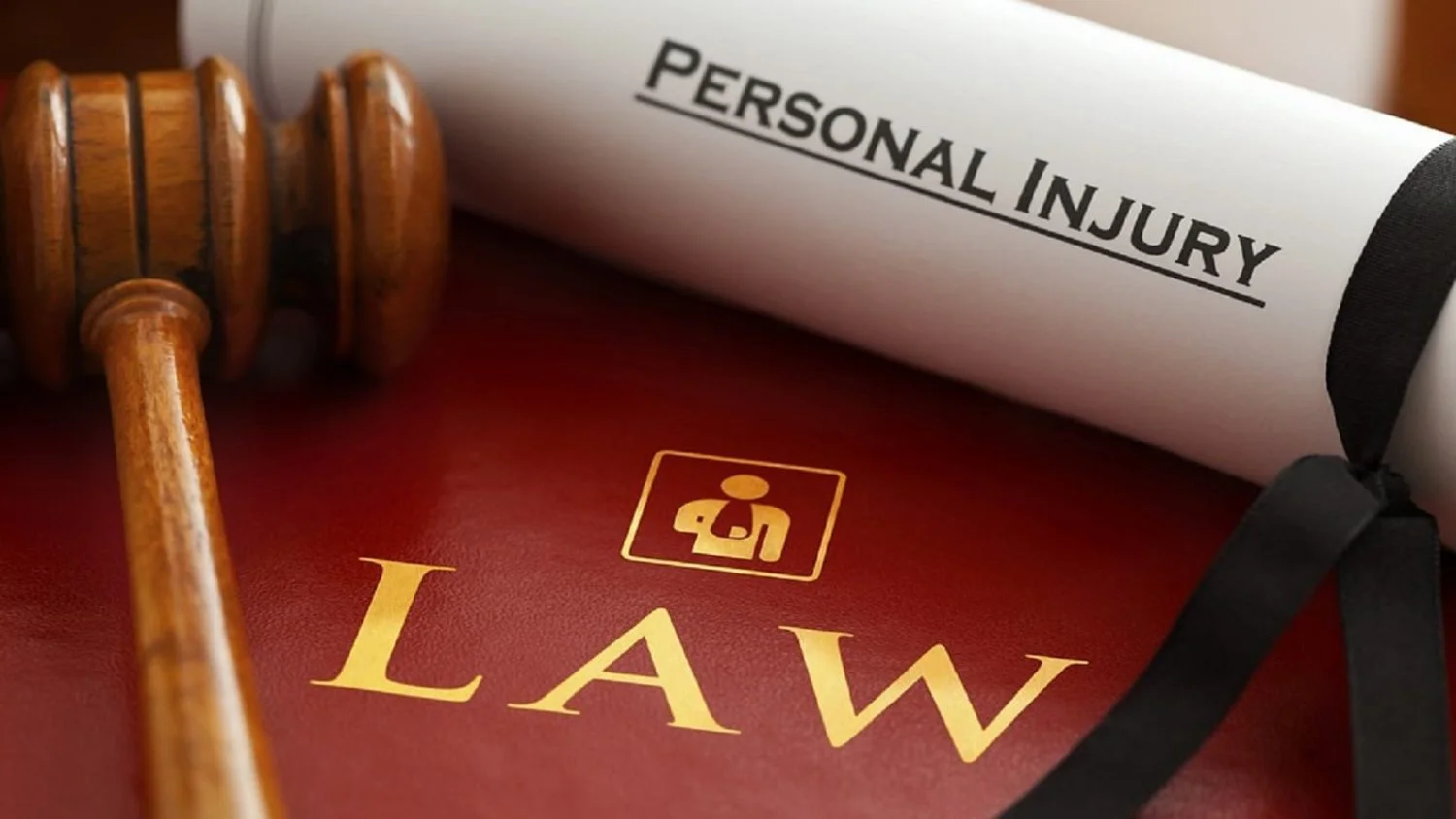
After an accident, one of the first questions most people ask is, “How long after an accident can you file a claim?” Massachusetts law places a time limit on personal injury claims, making it crucial to act swiftly. Whether you’re in Boston, Sharon, Cambridge, or anywhere throughout Massachusetts, knowing these deadlines can mean the difference between receiving compensation and losing your right to recover damages.
At Jim Glaser Law, we understand how overwhelming this process can feel, but don’t worry—Jimmy Knows!® We’re here to guide you every step of the way.
Table of Contents
Understanding the Massachusetts Statute of Limitations
In Massachusetts, personal injury claims generally have a 3-year statute of limitations. This means you have 3 years from the date of your accident or your loved one’s abuse (in nursing home neglect or abuse cases) to file a lawsuit in court. Missing this deadline can result in forfeiting your right to seek compensation, even if your case is strong. Acting within this window ensures you can hold the responsible party accountable and pursue the damages you may deserve.
The 3-year deadline applies to most personal injury cases, but specific claims like workers’ compensation or wrongful death may have different time limits. Consulting with a personal injury lawyer like Attorney Jim Glaser soon after an accident clarifies your specific filing deadline and helps protect your rights.
Exceptions to the Statute of Limitations
Certain exceptions may extend or alter the filing deadline:
The Discovery Rule
In cases where injuries or harm are not immediately apparent, the statute of limitations begins when the injury or its cause is discovered. This is called the Discovery Rule.
For example:
- Toxic Exposure: A worker exposed to hazardous chemicals may develop symptoms years later. The 3-year clock starts ticking at the time of diagnosis, not at the time of exposure.
- Medical Malpractice: A surgical error or defective medical device might not be noticed until complications arise. The statute begins when the issue is identified.
To use the Discovery Rule effectively, maintain strong evidence like medical records or expert opinions.
Filing Deadlines for Minors
When the injured party is under 18 years old, the statute of limitations begins on their 18th birthday. For example, a 16-year-old injured in an accident has until age 21 to file a claim. While this extended timeline offers flexibility, gathering evidence and taking action early is still beneficial to strengthen the case and avoid potential challenges.
Other Exceptions to the Statute of Limitations in MA
- Actions Against Sheriffs and Deputies: If you are taking action against a sheriff for misconduct or negligence, you have 4 years to file a lawsuit.
- MBTA Claims: For injuries sustained as a passenger on public transportation, such as the Massachusetts Bay Transportation Authority (MBTA), you have only 3 years to file a lawsuit.
- Hit-and-Run Accidents: Claims related to property damage, personal injury, or death in hit-and-run cases must be filed within 6 months of learning the defendant’s identity. Additionally, the police and registrar of motor vehicles must have proper notice of the accident, including details like time and place, within 3 years.
- Ski Area Operators: Claims against ski area operators establish only a 1-year statute of limitations. Additionally, injured individuals must provide written notice to the ski area operator within 90 days of the incident.
These exceptions demonstrate why you need a personal injury lawyer to assist after an accident and determine all legal circumstances that may apply.
Wrongful Death and Product Liability Claims
While some states may place different statutes of limitations on them, wrongful death and product liability claims in Massachusetts also follow a 3-year statute of limitations. However, exceptions may apply:
- Wrongful Death: The 3-year clock starts on the date of death, not the incident. This distinction gives families time to grieve before initiating legal action.
- Product Liability: If a defective product causes injury or death, the Discovery Rule applies. For example, if a medical device fails but the defect is discovered later, the 3-year statute begins at the time of discovery.
Workers’ Compensation Deadlines
While most personal injury cases allow 3 years, workers’ compensation claims often require action within 4 years from the date of the injury or from when you became aware it was work-related. Some aspects of workers’ comp claims have even shorter deadlines, so reaching out to an attorney sooner rather than later is essential.
Why File as Soon as Possible?
Filing early strengthens your case and avoids common risks. Benefits of filing promptly include:
- Preserving Evidence: Photos, medical records, and other evidence are easier to collect soon after the incident.
- Witness Availability: Witnesses are more likely to recall details and remain reachable shortly after the accident.
- Avoiding Delays: The claims process can take time. Starting early allows room for unexpected obstacles.
Delays risk losing critical evidence and missing the statute of limitations on personal injury, which forfeits your right to compensation. Start your claim now to ensure your case is as strong as possible.















